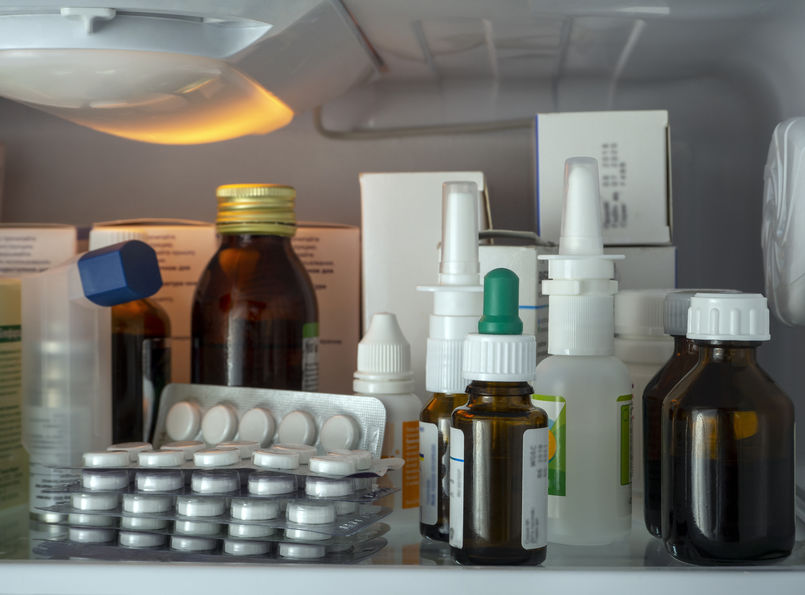All Medicine Is Not Created Equally
Almost every day, doctors fill prescriptions for sick patients. Patients then take the prescriptions to a neighborhood pharmacist, who will dispense a pre-made, mass-produced drug. On many occasions, these standard drugs can cause more harm than good. For concerned patients, a compound pharmacy could be the solution. Using a process called drug compounding, a patient can get medicine that’s both safe and effective.

Understanding drug compounding
A traditional pharmacy dispenses pre-made drugs, provides advice, and works alongside a patient’s doctor. Compounding pharmacies take things a step further with drug compounding. Simply put, drug compounding is the process of a pharmacist creating a drug from scratch. A licensed pharmacist will mix, alter, and change a drug to suit a specific patient’s needs. Compounding pharmacies invest in the equipment and infrastructure to produce drugs with the highest safety and quality standards. Most prescription drugs do not require compounding. So the first question that comes to mind is, why would someone need to compound?
Designed with you in mind
Most prescriptions are in pill form, which can be challenging to swallow for millions of people. One of the most significant advantages of drug compounding is the ability to change the medicine’s composition. A compound pharmacist can recreate the same medication in a liquid, gel, suppository, or topical solution. This type of compounding is typical in hormone remedies, dermatology treatments, and eye medication. Young children or people with problems ingesting pills can have the medication needed through compounding.
Say goodbye to allergies
Allergic reactions are common while taking prescription medications. Mass-produced medications contain products that help with color, texture, and preserving shelf life. These dyes, preservatives, lactose, or gelatin could be potentially harmful drug allergens. More and more patients are becoming attuned to allergens. Compounding can remove these potential irritants, or other base ingredients, making the medicine accessible to all.
Compound pharmacies recreate something old or scarce
Major pharmaceutical companies stop the production of medications every year. These medications are often for rare diseases, where the demand is relatively low. However, the medication could be life-saving for those with the specific condition. These patients need compound pharmacies to create drugs that aren’t readily available. In some cases, the medication is made in smaller doses. While the cost may be higher than expected, the savings will be much more significant than buying on the market.
Avoiding dangerous combinations
The ingredients in one drug can be harmful when taken with another. Or occasionally, taking a medication orally with several active ingredients can have severe long-term effects. What if there was a way to separate the components safely? Compounding can take dangerous elements out of the medicine or convert the drug to a topical form for safer use.
Compound your next prescription
Compounding is continuing to grow in popularity and necessity. Pharmacies are going back to the genesis of the craft, creating the right formula from scratch for the right patient. Young and old patients need safe ways of taking medication in simple forms. If taking medication is a major challenge, ask a doctor about drug compounding today.







